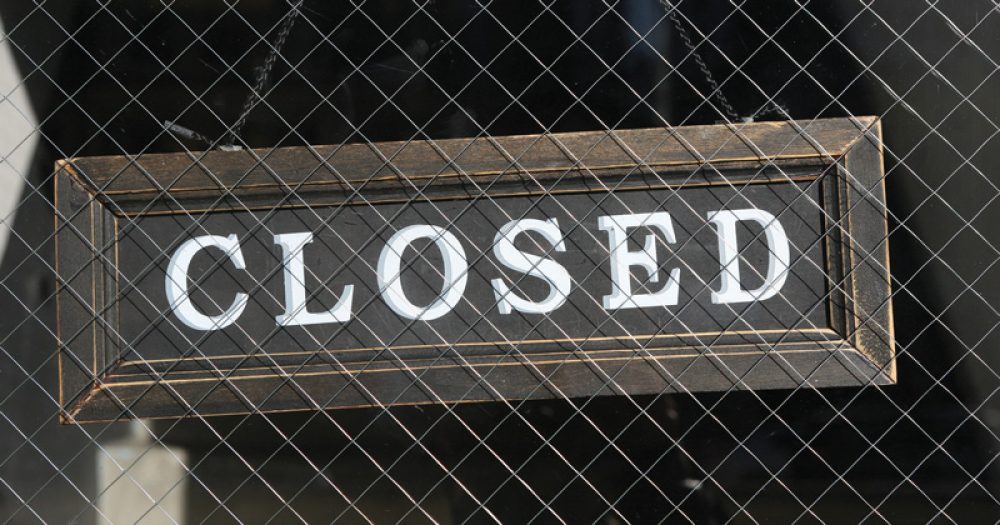Closing schools at this stage in the spread of the coronavirus epidemic could do “more harm than good”, Boris Johnson has warned, as he announced closures are not yet on the cards despite an escalation of the government’s response.
The prime minister yesterday reiterated advice that schools “should only close if they are specifically advised to do so”. It comes after the government’s emergency COBRA committee agreed to move from the “contain” to the “delay” phase of its response to the pandemic.
However, the government is advising schools to call off any international school trips they have planned.
Sir Patrick Vallance, the government’s chief scientific adviser, said that while it’s “true that there’s some effect in closing schools” the effect is “minimal”.
“Actually you’d have to do it for 13 to 16 weeks or longer, and you don’t have to be a very advanced mathemetician to work out that the chances of keeping children not speaking to each other or playing with each other over 13 to 16 weeks is zero,” he said.
“Therefore you have to be very careful to make sure you take the right measures that will stop this, rather than things that might end up with children, for example, going to stay with grandparents at a time when they might be most vulnerable.”
Dr Chris Whitty, the chief medical officer, also said it was important to “do the right things at the right time”.
“This is going to be a long haul. It’s critical we do not start things in advance of need.”
The move to the “delay” phase of the government’s response comes after the number of cases in the UK rose to over 450.
It was warned earlier this month that this phase of the government’s plans could include school closures. The Republic of Ireland announced earlier this week that all of its schools would close. Italy, Japan and parts of China made similar decisions earlier this month.
New guidance published tonight states that the government “advises against all overseas education trips for children under 18”. This is because trip leaders “would face significant challenges in making arrangements to ensure children’s welfare, should adult supervisors or children be required to self-isolate”.
However, any overseas trips for children under 18 organised by education settings currently taking place “can continue”.
There are also concerns that the government’s approach to school trips – to advise against them rather than an outright ban – will make it difficult for schools to claim for cancellations on insurance.
Guidance from the Association of British Insurers states “travel insurance may cover non-refundable cancellation costs, in specific circumstances. These may include medical advice against you or a member of your group from travelling or government advice against travelling. Check your travel insurance policy for the scope of cover.”
Education events cancelled
The spread of the disease has also prompted the cancellation or postponement of a number of education sector events.
The Big Bang fair, a science and engineering event for thousands of pupils due to be held at the Birmingham NEC this week was called off, and organisers of the Schools and Academies Show in London in April have announced it will be postponed.
A conference for exam boards organised by exams regulator Ofqual for March 19 has also been cancelled.
However, at the time of going to print, the ASCL annual conference, due to start in Birmingham today, was still due to go ahead. The leadership union has also issued advice for headteachers on preparing for coronavirus.
Writing for Schools Week, Hayley Dunn, ASCL’s business leadership specialist, urged leaders to check their emergency plans, revise or draft risk assessments and consider designating a liaison and communications role “for keeping up to date with information and fielding inquiries within the school”.
“In the event of a partial or full closure, provide clear expectations to families and staff of what work will be carried out,” she said.
“For staff, consider any additional infrastructure, equipment and advice needed for those adjusting to homeworking, i.e. appropriate working hours and use of equipment, login details and remote access.”
The National Governance Association has also issued guidance for its members, stating that the “best and most appropriate way for governing boards to support their school leaders is to allow them to manage the school’s response without the involvement of the board, unless it is requested”.
Any decision to close schools will undoubtedly lead to questions about the impact closures will have on emergency service workers and other essential personnel with children.
There are also questions about how disadvantaged pupils will receive free school meals.
Vic Goddard, the principal of Passmores Academy in Essex, said he had asked the Department for Education whether his school could issue a supermarket voucher to families of eligible children in lieu of a hot meal at school.








schools hould close now cross the uk. my child is at risk of catching the virus everyday she goes to school. travelling on buses to get there and being in big crowds once shes there. closing schools will help slow down the virus as more people will have to stay at home which will help and will take stress of the nhs. they say adults are more at risk than children that means when children go to school they are also a high risk . teachers, dinner ladies and school caretakers are all adults so that puts our children at risks. 1000s of parents are already refusing to send there child to school. schools need to close now. never mind gcses a childs heath comes 1st if a child falls ill they cant concentrate. what use are gcses if a child ends up being too il to take them. schools need to close now rather than waiting for a later date.